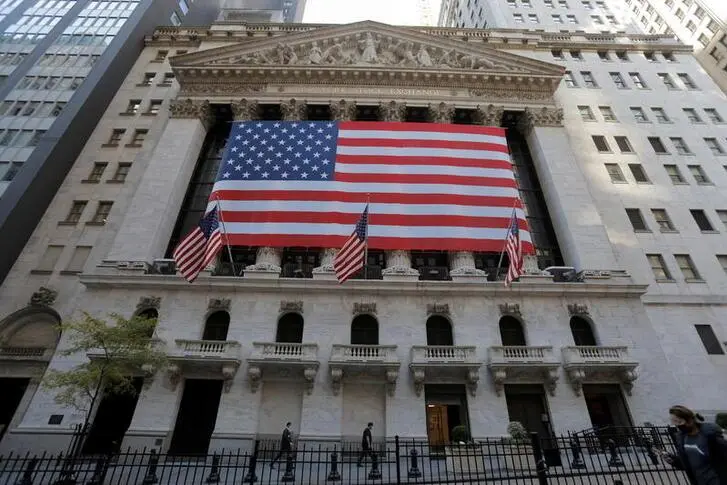PHOTO
(The author is a Reuters Breakingviews columnist. The opinions expressed are her own.)
SAN FRANCISCO - The New York Stock Exchange’s zigzagging on delisting Chinese companies symbolizes America's head-spinning crackdown on the People's Republic. The U.S. exchange flip-flopped for the second time in a week and will remove three Chinese state-backed telecommunications firms' listings after all. It's not the only demonstration that implementing effective curbs on Beijing takes more than tongue-lashings.
The NYSE on New Year's Eve said it would comply with President Donald Trump's November executive order barring U.S. investments in Chinese companies deemed to have ties to the mainland’s military. On Monday it reversed course, allowing the U.S. listings of China Mobile, China Telecom and China Unicom to remain because Treasury Department guidance indicated the ban didn’t apply to subsidiaries. On Wednesday, it reversed course again after receiving updated direction from the Treasury.
It’s only the latest symptom of Trump administration edicts that have been rushed and ambiguous. On Tuesday, the president prohibited U.S. transactions with eight Chinese apps including Alipay, WeChat Pay and Tencent. If the Commerce Department doesn’t act quickly, the ban, due within 45 days, might only take effect after President-elect Joe Biden takes office on Jan. 20. And even if it kicks in before then, legal challenges are likely.
Lawsuits have tripped up other hurried blocks on TikTok and WeChat. Courts have halted August executive orders that would have effectively banned the video app and the chat service, saying the White House overreached. The government is appealing. Meanwhile, the sale of a 20% stake in TikTok to Oracle and Walmart is in limbo after Trump indicated he would approve it and then got cold feet. He had demanded the sale of TikTok’s U.S. assets because of national security concerns.
The lesson for Biden is that banning transactions or imposing sanctions takes more than tough rhetoric and a few strokes of a pen. It demands painstaking legal and technical work.
Companies and investors have been caught in the middle of U.S.-China tensions under Trump. That won't go away under Biden. Whatever the rules, though, they need to be clear. The NYSE's contortions show why.
CONTEXT NEWS
- The New York Stock Exchange said on Jan. 6 that it will delist three state-backed Chinese telecommunications companies after receiving updated guidance from the U.S. Treasury Department. The removal of China Mobile, China Telecom and China Unicom will take effect on Jan. 11.
- NYSE is making the move to comply with a November executive order by President Donald Trump, who barred U.S. persons from investing in certain publicly-traded companies that the government deemed to have ties to the Chinese military. The exchange initially said on Dec. 31 that it would delist the companies, then on Jan. 4 reversed that decision before the latest return to its original position.
- Separately, Trump signed an executive order on Jan. 5 that bars U.S. transactions with eight Chinese apps, including Alipay. It’s up to the Commerce Department to define those transactions, and any ban could take effect within 45 days.
(The author is a Reuters Breakingviews columnist. The opinions expressed are her own.)
(Editing by Richard Beales and Amanda Gomez) ((gina.chon@thomsonreuters.com; Reuters Messaging: gina.chon.thomsonreuters.com@reuters.net))





















